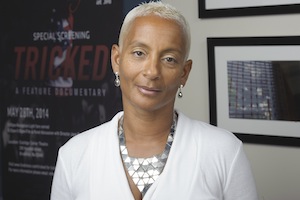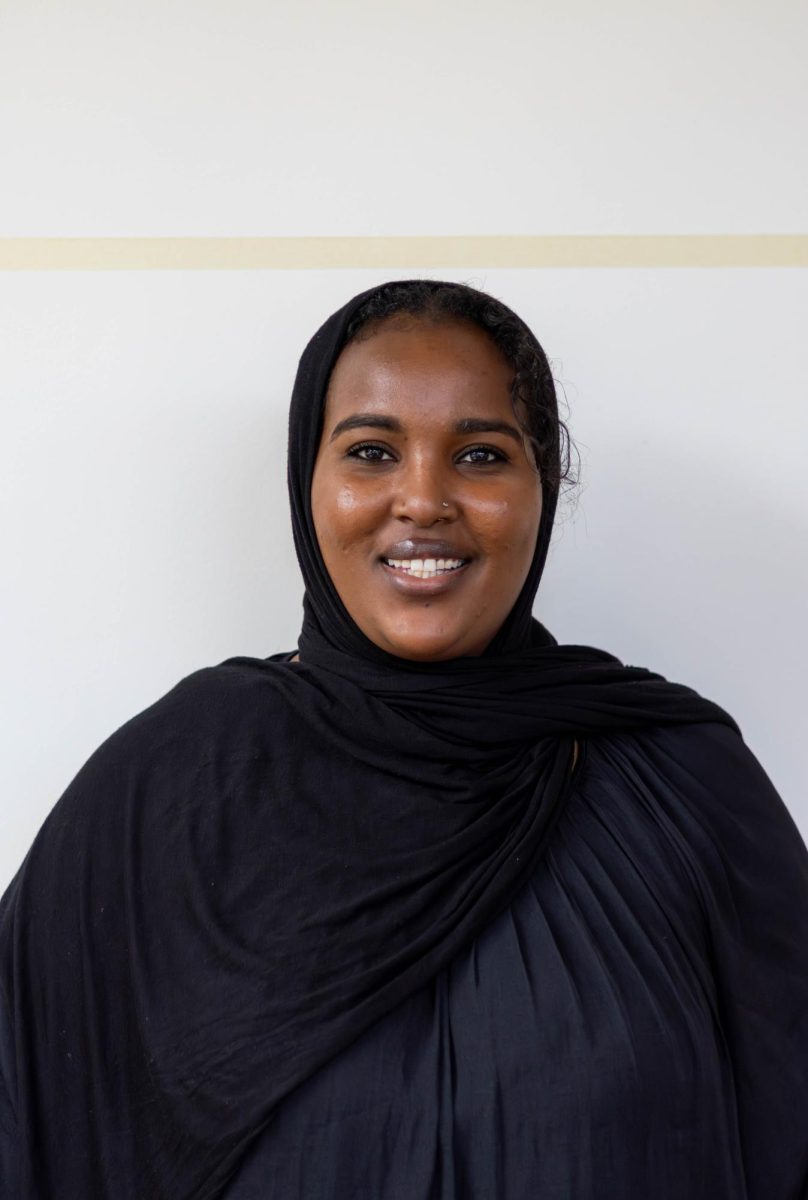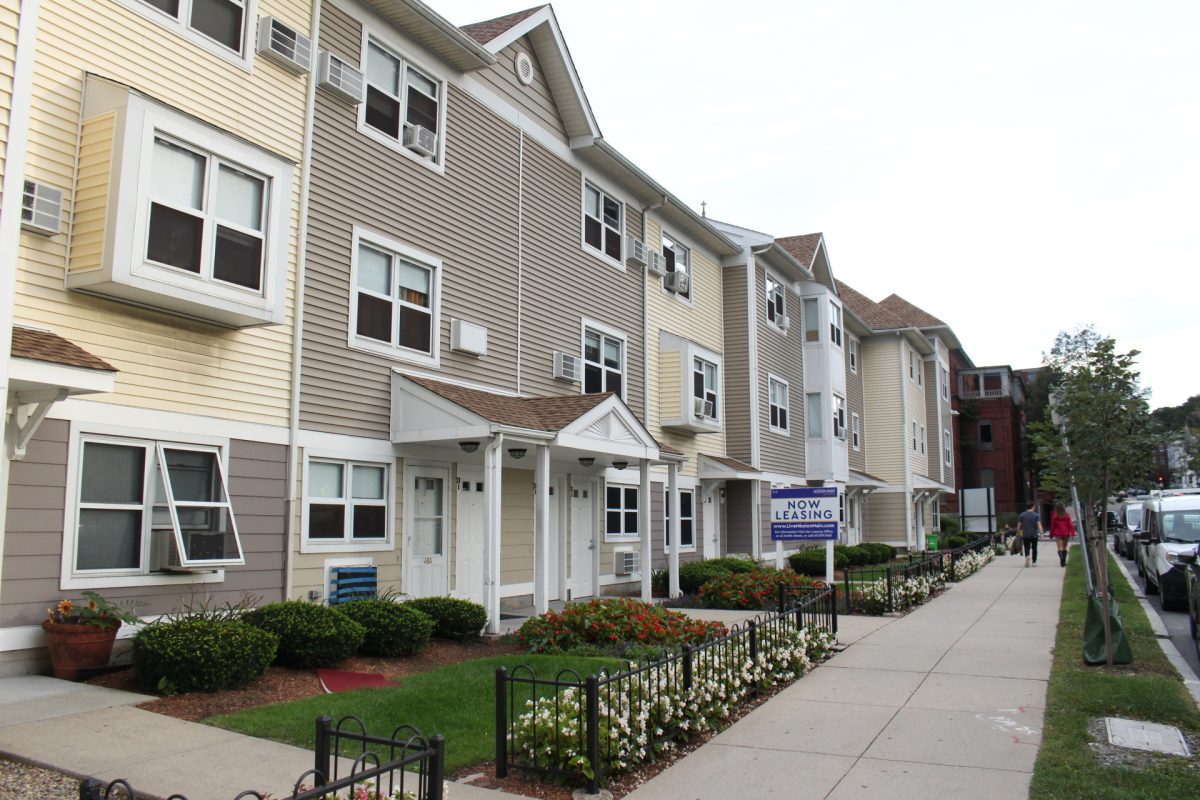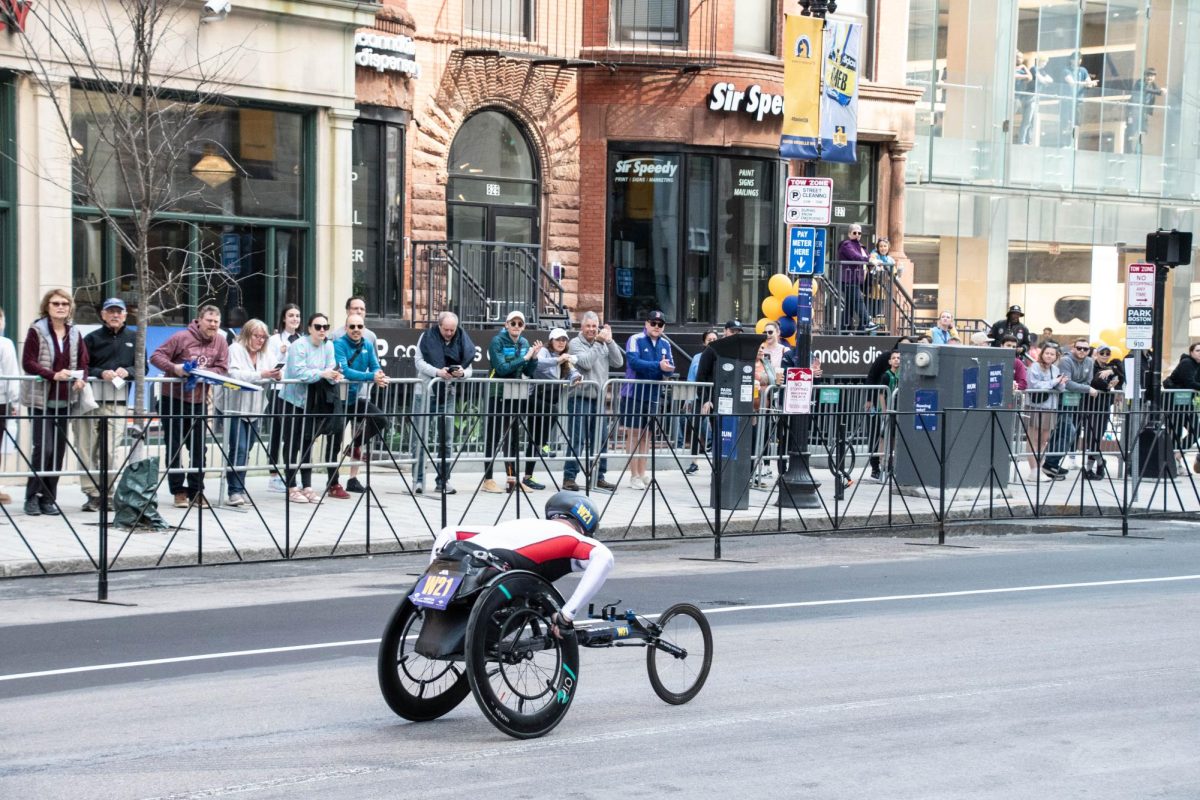By Varun Goyal, news correpondent
Crowds cheered at the University of Phoenix Stadium and all across New England last month as the Patriots secured a victory over the Seattle Seahawks in Super Bowl XLIX. But on game day, away from the excitement of the field and the bleachers filled with fans, a very different scene was unfolding as the FBI worked to rescue potential human sex trafficking victims from pimps. In 2014, 25 people were rescued, while the FBI apprehended 45 pimps.
“When there are large events that men travel to, there tends to be more prostitution,” Julie Dahlstrom, a clinical legal fellow at Boston University School of Law, where she oversees the Human Trafficking Clinic, and managing attorney of the Immigration Legal Assistance Program at Ascentria Care Alliance, said. “This is about money. Are there more women being exploited there? Yes.”
Those 25 children were lucky to escape, but many others are not. Human sex trafficking is a lucrative business. In the US alone, it is worth around $32 billion, producing around $10 billion each year in the country. And with a potential Olympics on the horizon, Boston must turn its attention toward victims of this trade.
In January, journalists Nicholas Kristof and Sheryl WuDunn launched a documentary on PBS entitled “A Path Appears.” Focusing on victims of human trafficking in Boston and worldwide, they aim to emphasize the importance of gender equality. They travel to different parts of the world to expose the oppression that victims are facing and accentuate that a change must take place.
Dahlstrom emphasized that while human trafficking is a global enterprise, it must be treated as a domestic issue as well.
“I think that trafficking is too often portrayed as international victims being brought in,” Dahlstrom said. “It is very much happening to US citizens.”
Many unsuspecting victims have their lives stolen away when they are sold into prostitution. Boston Police Sgt. Donna Gavin, head of the department’s Human Trafficking Unit, explained how pimps recruit women into the industry.
“Pimps usually look for vulnerable young women,” she said.
A common method that pimps use to recruit is to form a strong bond with these vulnerable females. Once the female feels a strong emotional connection has been made, the pimp will coerce her into working for him as a prostitute.
According to the US Department of Justice, the average age of a child who is sold into the sex trafficking business is 13-14 years old. According to the documentary, more than 300,000 females disappear yearly, and 100,000 are sold for some type of sex.
While hundreds of thousands of women are affected, however, it is significantly rarer for males to be targeted.
“We haven’t had cases of male victims in human sex trafficking [in Boston],” Gavin said.
At its core, human sex trafficking is operated as a business. That means for it to function, there has to be supply and demand – and the involvement of sex buyers. As long as there is high demand for purchased sex, sex trafficking will continue.
Demand Abolition, a program by the organization Hunt Alternatives, is committed to eliminating human sex trafficking by reducing the demand for purchased sex through criminal justice, legislation and public education.
“If there were no buyers, there would be no business,” Demand Abolition communication specialist Tripp Underwood said.
On March 6, Mayor Martin J. Walsh initiated Cities Empowered Against Sexual Exploitation (CEASE) Boston. The CEASE campaign plays a role in 11 different cities that are dedicated to help reduce the demand for purchased sex.
“We are trying to reduce the demand by 20 percent over the next two years, and we are doing that with partnerships,” Gavin said.
A major challenge for women is that there aren’t many services that are specifically focused on meeting their needs, according to Dahlstrom. She believes there must be more survivor-led programs in order to help these women.
Survivor-led programs gain effectiveness through their double duty as peer-mentoring programs. My Life My Choice, the only survivor-led organization in Boston, has found great success by these means. The organization takes confidentiality into account and focuses on youth empowerment.
“We believe in not further exploiting the youth, but [getting] them to a place in leadership,” Audrey Morrissey, associate director of My Life My Choice, said.
The My Life My Choice peer-mentoring program consists of a 10-week prevention curriculum that teaches girls about sex trafficking, how pimps recruit females and how they can build back their self-esteem.
“The mentoring program has grown to be the most successful program of My Life My Choice,” Morrissey said. “We are serving about 135 girls, and our prevention curriculum is used in 23 states in the US.”
Through these types of programs, human trafficking is starting to gain more attention in Boston.
“I believe we will reduce the demand,” Morrissey said. “We have a lot of work to do, but we are ahead of a lot of cities.”
Photo courtesy My Life My Choice














